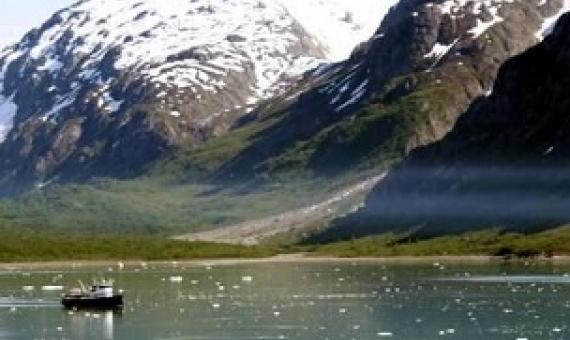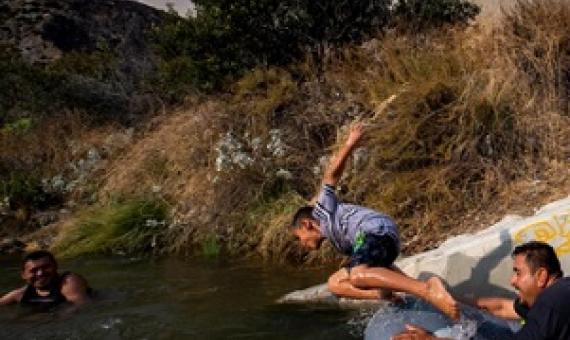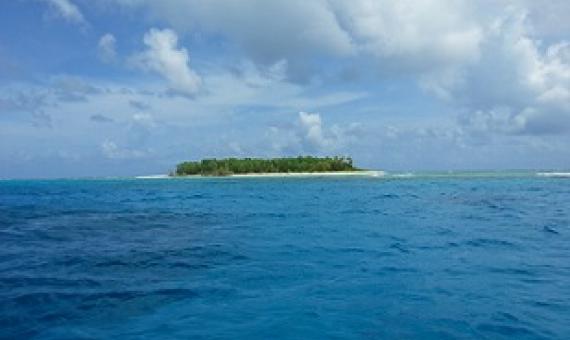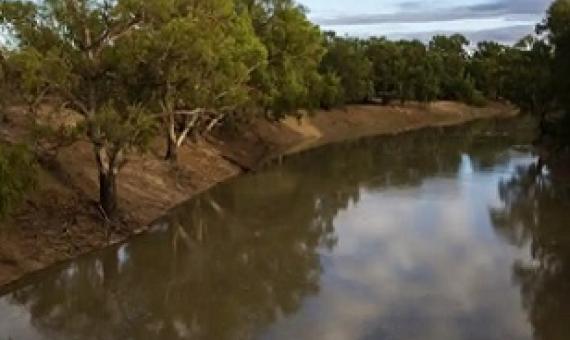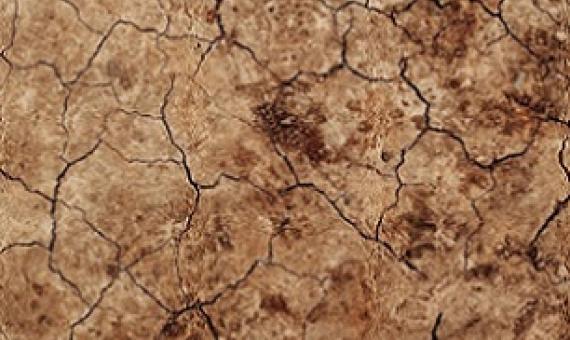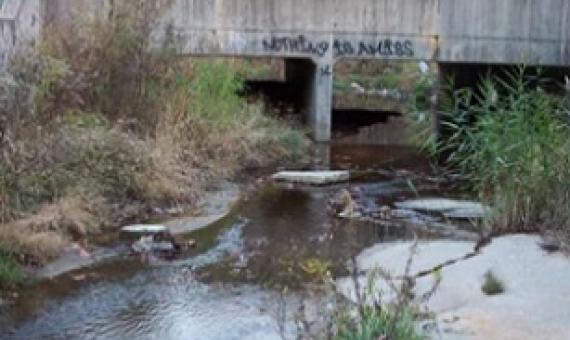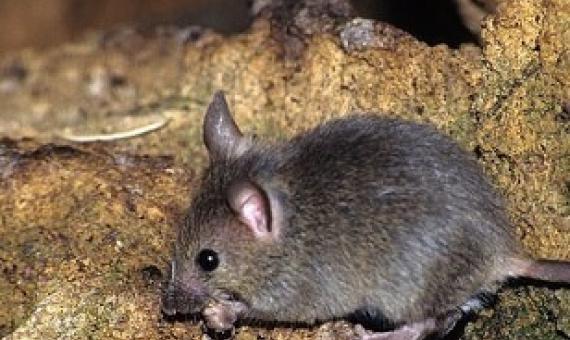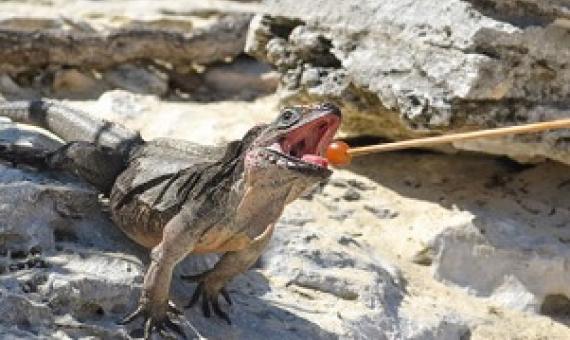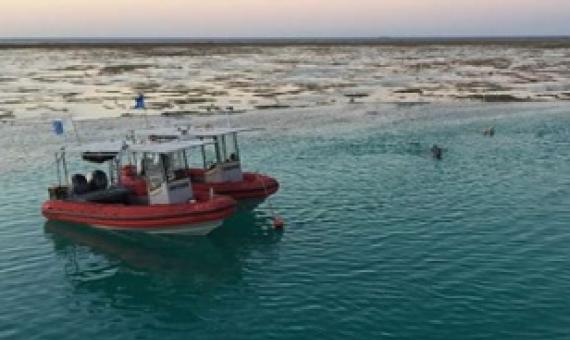Recent ecological research used Instagram posts to analyze the preferences of visitors to natural areas around the world. Researchers deduced the activities and feelings that people associated with different environments, including Glacier Bay National Park and Preserve.
As a heat wave roasted the western United States this week, temperatures in California’s Death Valley soared to a blistering 130 degrees Fahrenheit, marking the hottest temperature measured anywhere on Earth since 1931 and the third hottest day ever recorded on our planet, period...Duri
The previous blog in this series looked at how much Pacific governments were spending in response to COVID-19.
Between 30% and 50% of the world’s water supply is stolen each year, mainly by agricultural interests and farmers, yet the crime itself is not well understood, a new international study led by the University of Adelaide says.
Soil loss due to water runoff could increase greatly around the world over the next 50 years due to climate change and intensive land cultivation.
Changes in the water cycle have important impacts on ecosystems and human activities. In the context of the current and expected temperature rise due to global warming, it is extremely important to understand the origin and extent of these changes.
Prior to urbanization, the natural landscape and climate determined how much water flowed into streams and rivers.
The new study, from the University of Auckland in collaboration with the Department of Conservation, investigated mouse invasions of islands across the Abel Tasman and Marlborough region. The project, led by Dr.
The study, which received funding from the National Science Foundation (NSF) this week, is just one example of how wildlife scientists are now working to understand the impacts of what many are calling the “anthropause”—the dramatic slowdown in human activity caused by the pandemic.
A world-first study examining the scales of management of the Great Barrier Reef has the potential to help sustain other ecosystems across the world...The new study suggests the way people are managed when undertaking various activities within the marine park—like fishing, boating, and scien

